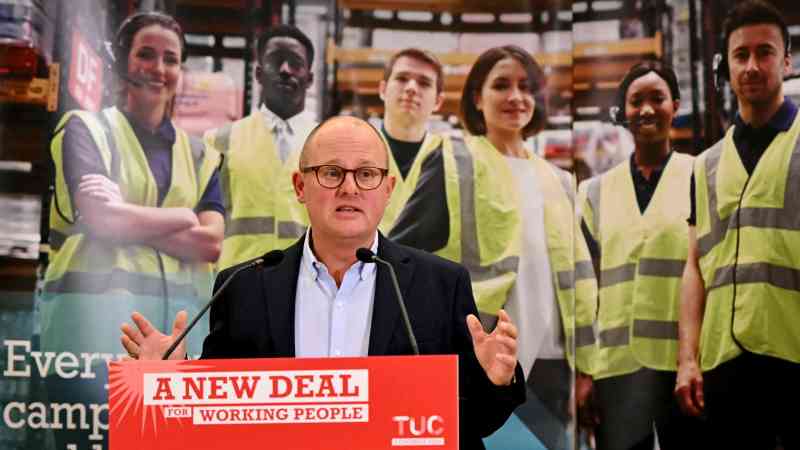Interest rates finally fell — but what about your mortgage?
Millions of homeowners could save money on their mortgage payments after the Bank of England cut its base rate of interest for the first time in more than four years.
The base rate fell from a 16-year-high of 5.25 per cent to 5 per cent on Thursday in an unexpected boost for borrowers.
What difference the interest rate cut will make depends on the type of mortgage you have. Those who are searching for a new deal or have a variable rate deal are best placed to benefit.
Tracker mortgages are pegged to the Bank rate so borrowers on these deals will see a drop in their payments very soon.
These mortgages often have no early repayment charges and have gained popularity as borrowers bide their time waiting for fixed mortgage rates to fall.
If you have a tracker mortgage, your lender will get in touch to explain your reduced interest rate. Santander confirmed it would reduce its tracker mortgages by 0.25 percentage points within an hour of the base rate cut on Thursday. HSBC has also reduced its tracker rates and Barclays will do so from September.
A borrower with a £200,000 25-year mortgage who had been paying £1,269 a month on a tracker rate of 5.84 per cent would see their payments drop to £1,239 on a new rate of 5.59 per cent — a saving of £360 a year.
Fixed-rate deals
But the Bank rate is just one metric used to price fixed-rate mortgages. Wider economic forecasts, predictions about what the Bank rate will be in the future, and how much business each lender has on its books also influences the pricing of these deals.
Fixed mortgage rates had already fallen slightly in July as lenders priced in base rate cuts this year and next. The cheapest fixed rate fell below 4 per cent last week for the first time since February.
Nationwide Building Society has a five-year fix at 3.99 per cent, although it is only available to new customers buying a property with a 40 per cent deposit and comes with a £1,499 fee.
High street lenders reduced fixed rates before the Bank’s decision on Thursday as they competed for borrower business. Santander cut its five-year deal for those remortgaging with a 40 per cent deposit from 4.55 per cent to 4.45 per cent.
It also reduced its two-year fix for borrowers with a 10 per cent deposit from 5.62 per cent to 5.42 per cent. Every 0.1 percentage point cut shaves £12 a month off repayments on a £200,000 25-year mortgage.
Halifax reduced one of its five-year fixed deals from 5.26 per cent to 4.93 per cent and a two-year fixed deal from 5.94 per cent to 5.62 per cent, both for borrowers with a 20 per cent deposit.
Homeowners tempted to hold out for more mortgage rate cuts could be disappointed though.
Brokers say the 0.25 percentage point base rate cut had already been factored into fixed-rate deals, so a rush to make any big cuts is unlikely.
• Mortgage repayment calculator• Compare mortgage deals
Simon Gammon from the broker Knight Frank Finance said: “Lenders already cut margins extremely thin as they battled for business in a sluggish market, so they really haven’t got much room to cut rates even more.”
But small reductions could still be on the cards. “Lenders are desperate to lock in customers after a tough year of business. We may well see another round of mortgage rate cuts over the coming weeks, but borrowers should only expect marginal savings compared to today’s rates,” Gammon said.
Standard variable rates
Unless they lock in a new deal, borrowers revert to a lender’s standard variable rate (SVR) when their fixed mortgage ends. These are typically the most expensive rates on the market and rarely good value for borrowers.
SVRs are not directly linked to the base rate like trackers, but lenders can choose to pass on savings to borrowers. Santander has reduced its SVR by 0.25 percentage points to 7.25 per cent and Coventry Building Society will reduce all of its SVR and tracker mortgages by 0.25 percentage points from September. HSBC has confirmed it will not change its SVR following the base rate cut.
However, lower SVRs will benefit all borrowers because lenders will often base their affordability tests on these rates, said David Hollingworth from the broker L&C Mortgages. “If the standard variable rate falls, it should help to temper the stress-test rates as well, which could give a little more leeway on the amount lenders can offer,” he said.






